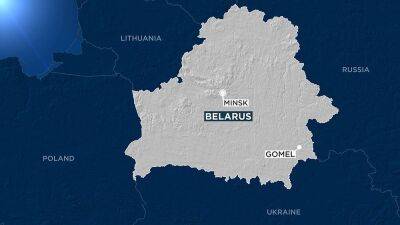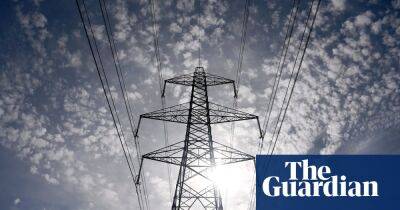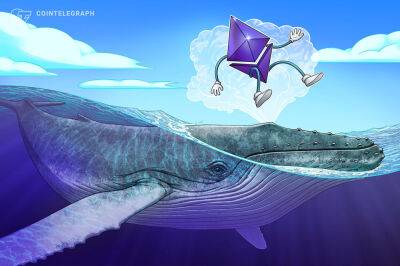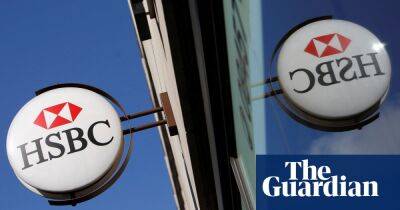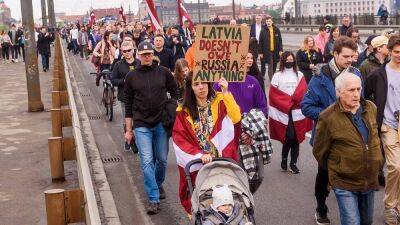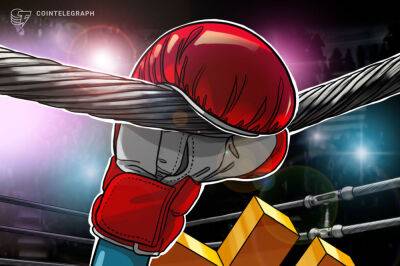Food prices soaring in developing world amid Ukraine crisis, World Bank finds
Food inflation has soared across much of the developing world since Russia’s invasion of Ukraine and has trapped several richer countries in a cycle of rising prices, a report by the World Bank has found.
The Washington-based development organisation said the war in eastern Europe would hit many countries with an increase in food bills worth more than 1% of their annual national income (GDP), while others would fail to contain the impact and be plunged into a full-blown debt crisis.
Lebanon was the worst-hit, the World Bank said, after a food grain store explosion in Beirut two years ago crippled the Mediterranean country’s ability to hold and distribute maize and wheat to its 6.8 million people.
Food inflation there hit 332% in the year to June, ahead of Zimbabwe’s 255% increase and Venezuela’s 155%. Turkey was fourth with a food inflation rate of 94%.
The gap between Lebanon’s food inflation and general inflation – which produces a “real food inflation” figure – was lower, at 122%, but remained the worst rate in the world, mainly because spiralling energy costs pushed Lebanon’s general inflation rate above 150%.
A deal last month between Ukraine and Russia, brokered by Turkey and the United Nations, to allow container ships carrying cereals to leave Ukrainian ports helped bring commodity prices down.
World Bank figures showed a dramatic reversal of cereal prices on global markets since June and a steep fall in the price of other agricultural products to lows close to those seen last year.
On Monday, the Sierra Leone-flagged cargo ship Razoni left the Ukrainian port of Odesa carrying more than 26,000 tons of corn destined for Lebanon.
Rice has increased in cost over recent months, but from a low level during the pandemic that
Read more on theguardian.com








